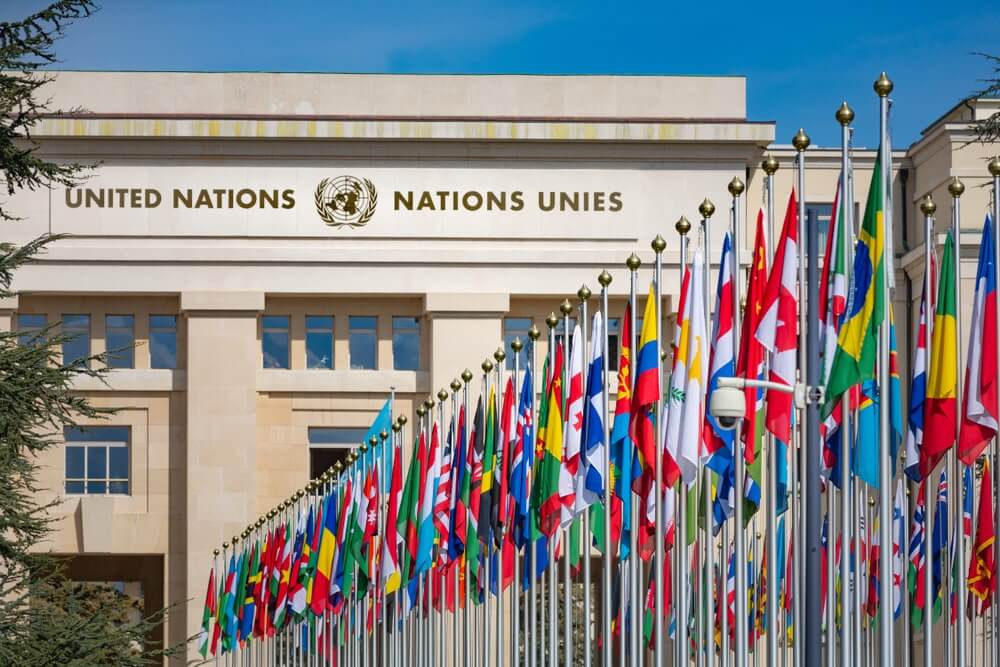
Coal in the crosshairs
On Thursday, government delegates at the United Nations climate summit in Glasgow will focus on addressing the global economy’s addiction to fossil fuels. There’s a slew of fresh pledges to reduce the production and usage of oil and gas and coal.
However, the pledges may reveal persisting differences between wealthier and poorer nations. Wealthy nations press for an end to the polluting fuels of the industrial revolution. Meanwhile, developing countries rely on coal and other fossil fuels. Poland, Vietnam, Chile, and other countries expect to pledge to phase out coal-fired power generation and halt new plant construction. This decision is a part of a pact proposed by the COP26 summit’s British hosts that would bind 190 nations and organizations to quit the fuel.
It was unclear whether the agreement would include nations such as China, India, Indonesia, and Turkey, with planned major coal power projects. China announced in September that it would no longer subsidize overseas coal plants. Therefore the vow did not include local projects.
Reduce greenhouse gas emissions
Separately, according to two people familiar with the talks, at least 19 countries want to agree at the Thursday summit to end public finance for fossil fuel projects abroad by the end of next year.
More nations may also join the Beyond Oil and Gas Alliance, led by Denmark and Costa Rica. This initiative pledges members to phase out fossil fuel production within their borders.
The main goal of the COP26 talks is to secure national commitments to reduce greenhouse gas emissions, primarily from coal, oil, and gas, to levels sufficient to limit the average global temperature rise to 1.5 degrees Celsius. Coal generates around 37% of the world’s electricity. Due to its low cost and ample supply, the fuel dominates power generation in South Africa, Poland, and India.
According to U.N. climate envoy Mark Carney, meeting international climate objectives might cost roughly $100 trillion over the next three decades. He urged the finance industry to collect private funds to supplement what nations can do.
Banks, insurers, and investors with a combined $130 trillion agreed to prioritize addressing climate change. This week, world leaders also pledged to halt deforestation by the end of the decade and reduce the potent greenhouse gas methane emissions.
Oil slips
WTI crude fell for the third day in a row to 80.18 per barrel. It went down 68 cents, or 0.8 percent, after falling below 80 earlier. Brent crude futures for January lost 42 cents, or 0.5 percent, to $81.57 a barrel for a second session. Oil prices plummeted even further after Iran and six world powers agreed to resume talks in Vienna on November 29 to resurrect the 2015 Iran nuclear deal, frozen since June. Iran has asked that the United States relax sanctions that have hampered its oil exports.
The Petroleum Exporting Countries (OPEC) and its allies, notably Russia, meet later on Thursday. Despite calls for acceleration, the group anticipated reconfirming intentions to maintain consistent monthly supply increases.
-
Support
-
Platform
-
Spread
-
Trading Instrument




